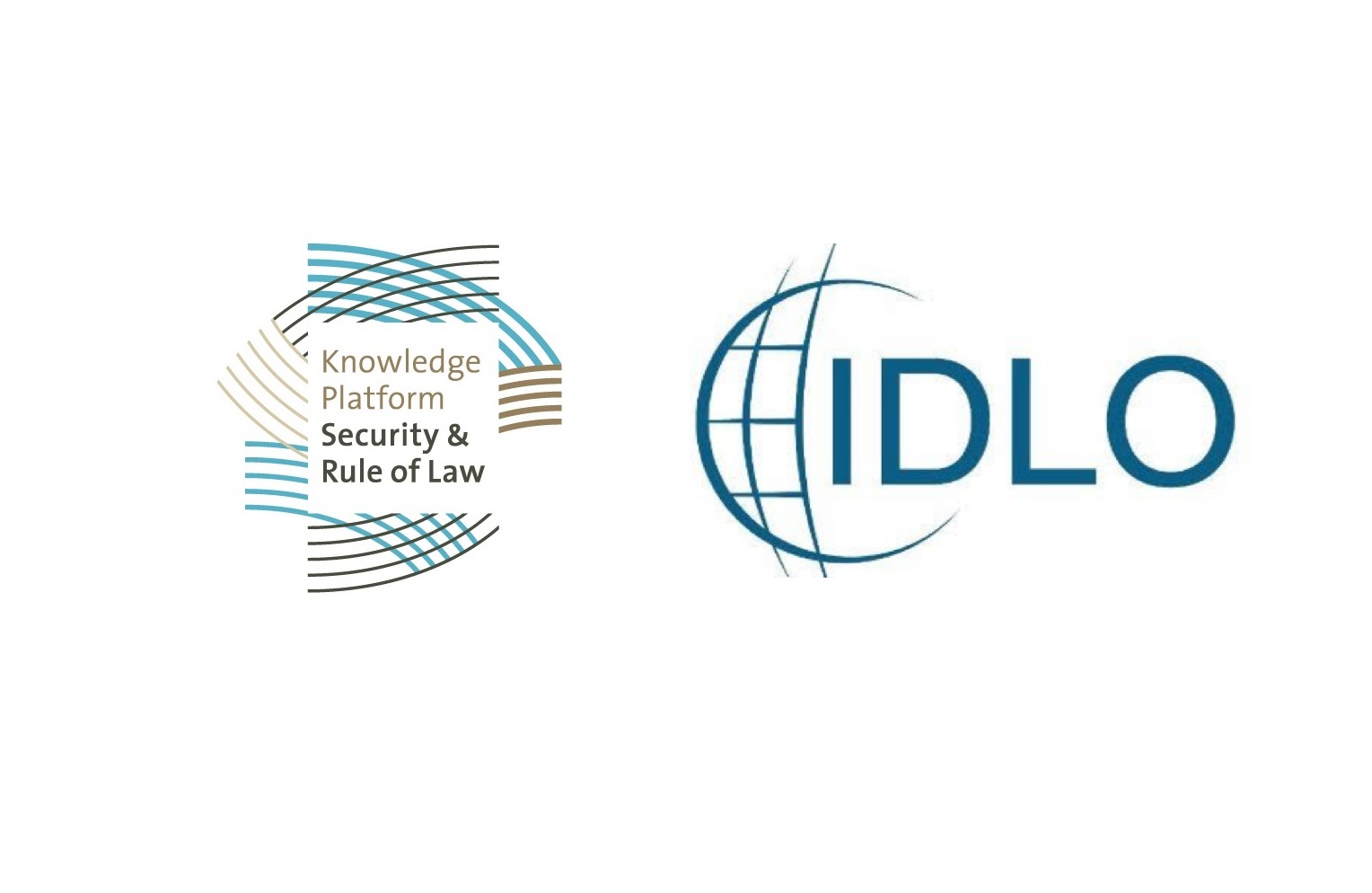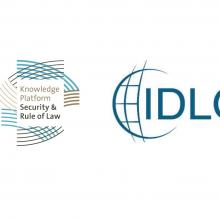KPAC23: Margins | Centres of Security & Rule of Law
Implications for SRoL’s contributions to social cohesion and just social contracts
Marginalised identities and perspectives are often not heard nor valued by those who sit at the centres. By contrast, those in the margins must understand the perspectives and language of those at the centres to be heard, or even survive. This insight is key to move the discussion ahead on SRoL’s contribution to social cohesion and just social contracts.
Dynamics between centres and margins of power and privilege influence SRoL policy and programming across a multitude of binaries. These include capitals v. border regions, majority vs minority clans, mainstream v. marginalised political views, armed actors v. unarmed communities, elites v. ‘the people’, consortium leads v. consortium members, refugee camps v. host communities, cis-men v. marginalised gender identities, dominant racial and ethnic identities v. marginalised ones, well-served neighbourhoods v. degraded ones, and geopolitically dominant actors v. weaker ones.
Do we need to flip things around and shift where the centres are, moving from centres of power to centres of needs? Would this unlock the contribution that SRoL institutions and mechanisms can add to just social contracts and social cohesion?
KPAC23 will be a moment to take stock of the network’s knowledge on this question, discuss new insights and test current practices.
Click here to read the full Concept Note.
Where
8th and 10th of November: Heron Hotel (Jakaya Kikwete Rd, Nairobi, Kenya);
9 November: Kenyatta International Convention Centre (City Square, along, Harambee Ave, Nairobi, Kenya);
7 December: Het Nutshuis (Riviervismarkt 5, 2513 AM Den Haag, Netherlands)
Contribute to the programme
Call for contributions is now closed. Please click here to view the final version of the timetable for KPAC23.
Registration
Click here to register.


